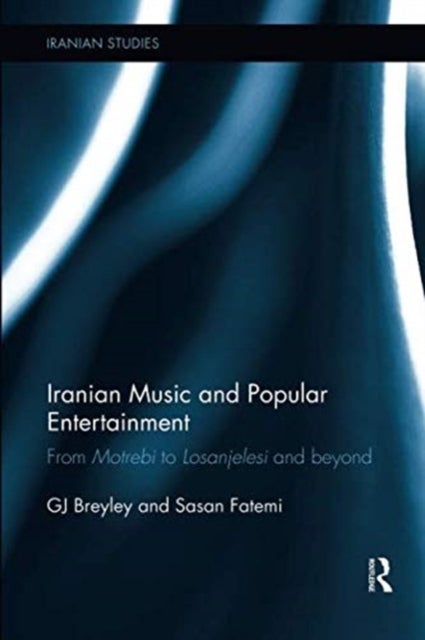
Iranian Music and Popular Entertainment av GJ Breyley, Sasan Fatemi
569,-
<P>The word <I>motreb </I>finds its roots in the Arabic verb <I>taraba</I>, meaning ¿to make happy.¿ Originally denoting all musicians in Iran, <I>motrebi</I> came to be associated, pejoratively, with the cheerful vulgarity of the lowbrow entertainer. </P><P>In <I>Iranian Music and Popular Entertainment,</I> GJ Breyley and Sasan Fatemi examine the historically overlooked <I>motrebi </I>milieu, with its marginalized characters, from <I>luti</I> to <I>gardan koloft</I> and <I>mashti</I>, as well as the tenacity of <I>motreb</I> who continued their careers against all odds. They then turn to <I>losanjelesi</I>, the most pervasive form of Iranian popular music that developed as <I>motrebi</I> declined, and related musical forms in Iran and its diasporic popular cultural centre, Los Angeles. For the first time in English, the book makes available musical transcriptions, analysis and lyrics that illustrate the complexities of this history. As it presents the findings of the authors¿ years of








